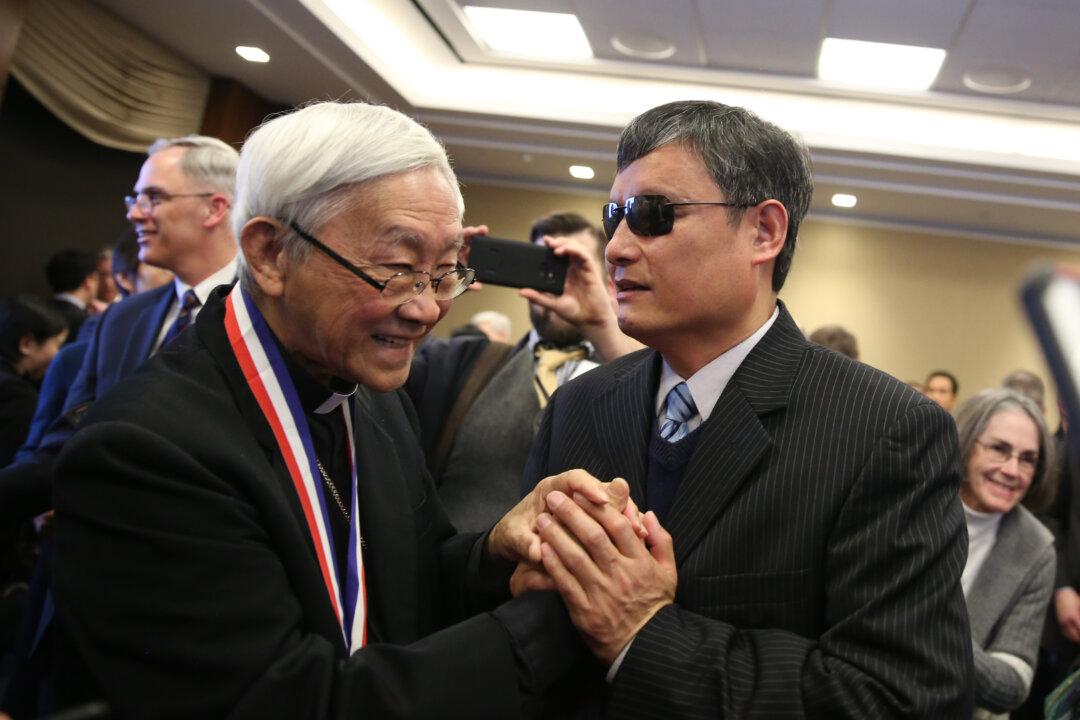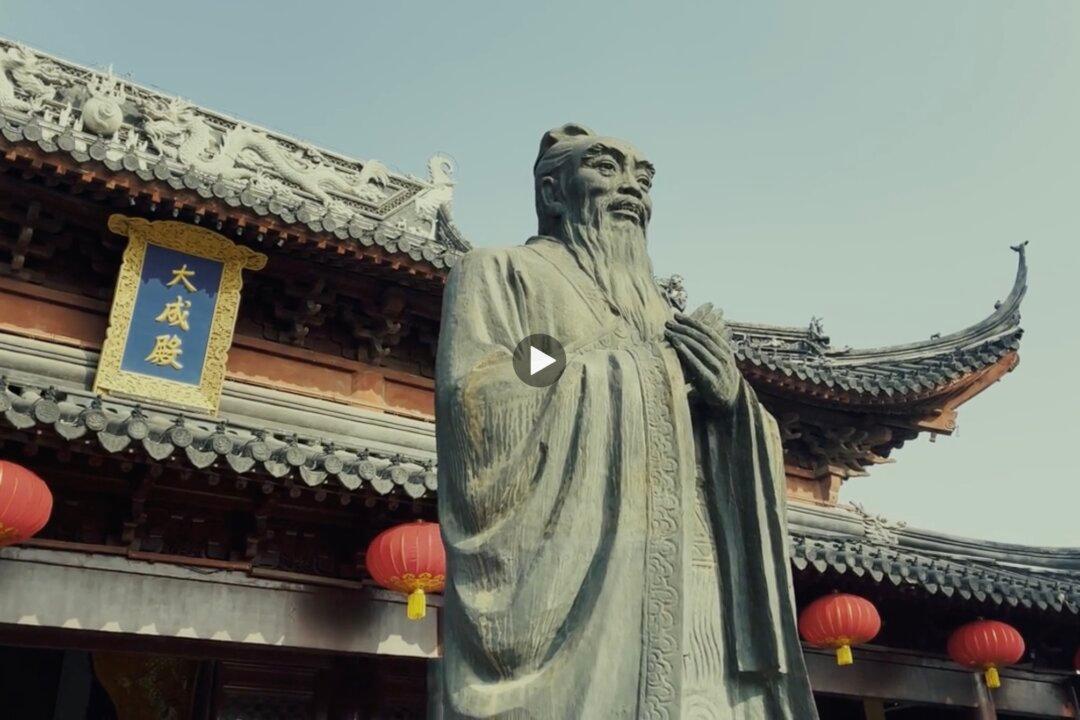Chen Guangcheng, a prominent Chinese human rights activist and lawyer, in a recent interview with The Epoch Times Chinese edition, talked about the poverty situation in rural China today. He discussed some misconceptions about the data on poverty and its true meaning in China. According to Chen, poverty is handled differently in China, which doesn’t have a well-defined poverty line nor does it offer the same social benefits that free countries like the United States provide.
Chen became famous in China because he helped many vulnerable groups such as peasants and the disabled to defend their rights.





